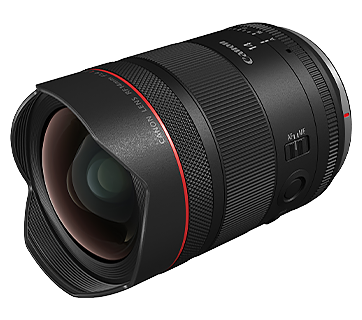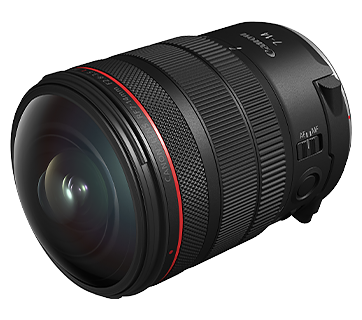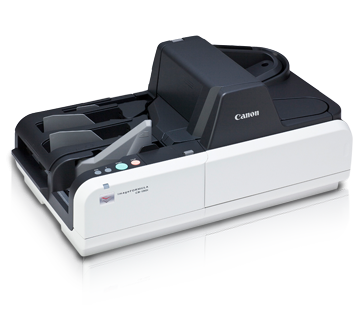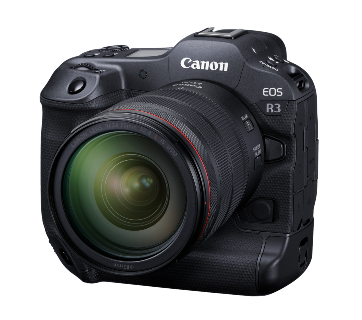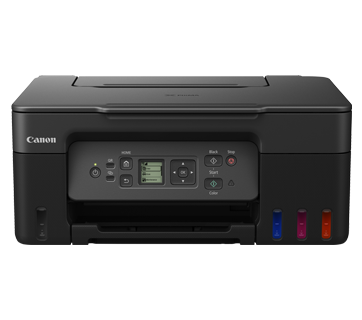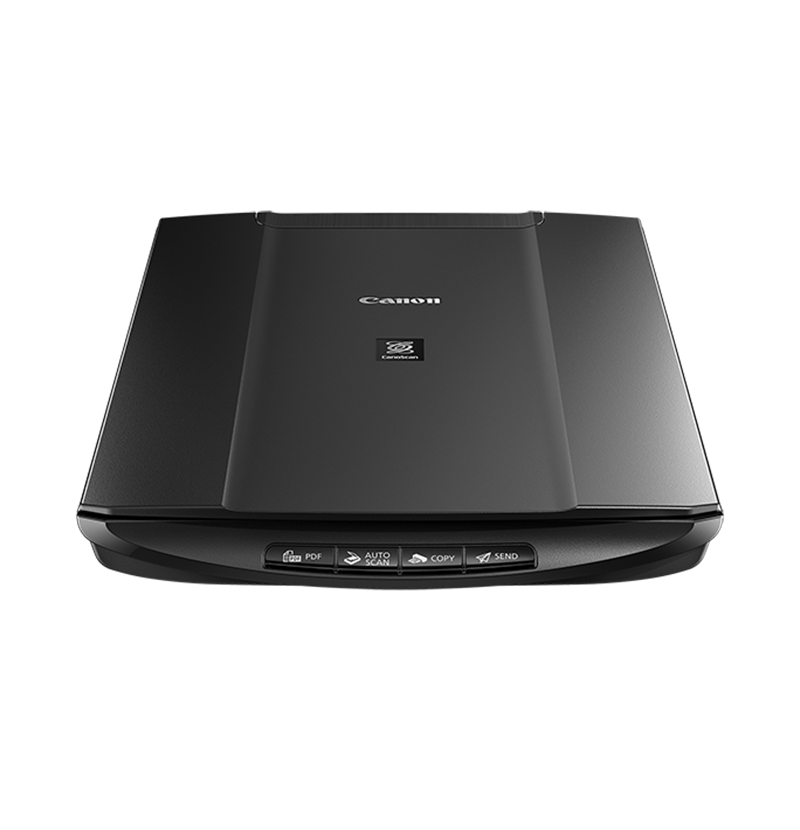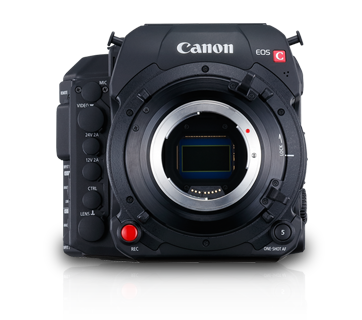Recycling at Canon India
Recycling at Canon India
Canon India complies with the E-Waste (Management) Rules, 2022 and E-Waste (Management) Amendment Rules, 2023. As part of Extended Producers’ Responsibility. Canon India offers recycling services to its customers to ensure environmentally sound management of e-waste by setting up a process for collection, channelisation and recycling of e-waste generated from the 'end-of-life' EEE products.
Canon India Pvt. Ltd. has tied up with M/s Exigo Recycling Pvt Ltd for managing direct collections from customers, CIPL warehouses & E-Waste procurements from open market & also tied-up with M/s Karo Sambhav Pvt. Ltd for executing various programs towards creating consumer awareness on E-Waste.
1. What does Canon recycle?
I. As a Producer, Canon India collects the following end -of- life products to get them recycled in a safe & environment friendly manner:
- Printer including cartridges
- Copying Equipment
- Facsimile
- Scanners
- Video Cameras
- Digital Cameras
- Projector
- CCTV Cameras
II. As a Bulk Consumer of electronic equipment (as listed in schedule 1), such products are handed-over to their Producers or to CPCB approved recyclers for its channelization & safe disposal after their end-of-life.
2. How Canon India comply under E-Waste Rules in India?
We have tied up with M/s Exigo Recycling Pvt Ltd as our Authorized recycler & Producer Responsibility Organisation (PRO) along with M/s Karo Sambhav Pvt. Ltd as Producer Responsibility Organisation (PRO) for Collecting and channelizing the e-waste generated from end-of-life products and thus helping us in:
- Meeting e-waste collection targets as prescribed under the E-waste Rules.
- Creating awareness through M/s Karo Sambhav.
3. How can you participate in the Canon Recycling Programme in India?
In case any customer have more than 10 KG of E-Waste & wish to dispose it, need to fill the form and The said inquiry will then be allocated to CPCB approved & CIPL authorised PRO/ recycler for e-waste pickup from customer place. Customers can also contact us on our toll-free nos. for further assistance. Canon India would be happy to assist them.
Canon India Pvt. Ltd (CIPL) has set up various models for collection of E-Waste as under:
Buy Back Scheme-
Canon India Pvt. Ltd (CIPL) comes out with buy back schemes from time to time for select models of printers. Customers can get a buy-back price for old printer while buying new printer. Canon India will get such used printers recycled through CPCB approved recycler in an environment friendly manner.
Rental return Printers-
CIPL offers select model of printers to customers on rental for a contractual period against which a rental agreement is signed between CIPL & customers. After the expiry of contractual period, customer have an option of either extending the contract depending on the status of printer & as per their printing requirements or the printers are returned back by customer directly to CIPL/ CIPL authorized PRO/Recycler for recycling in an environmental friendly manner.
E-Waste procurement by PRO
Besides collecting the E-Waste from various sources as described above, in order to achieve the E-Waste targets as per the EPR approval, CIPL through its PRO/ recycler also procures E-Waste from open market like aggregators, bulk consumers/office clusters, RWA etc.
4. How to reach Canon for Collection and recycling in environmentally friendly manner?
Toll Free Number: 1860-180-3366
Email Id: CIPL.Ewaste@canon.co.in
ROHS compliance:
All Canon products listed in schedule I of E-Waste Management Rules 2022, comply with the requirements of ROHS and don’t contain lead, mercury, cadmium, hexavalent chromium, polybrominated biphenyls and polybrominated diphenyl ethers beyond a maximum concentration value of 0.1 % by weight in homogeneous materials for lead, mercury, hexavalent chromium, polybrominated biphenyls and polybrominated diphenyl ethers and of 0.01 % by weight in homogeneous material for Cadmium, except for the exemptions set in Schedule II of the Rule.

